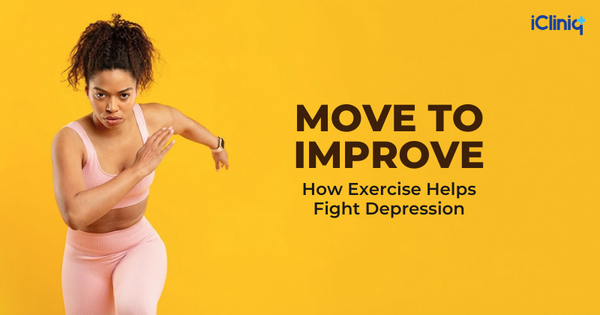Your Coronavirus Questions Answered

What Is COVID-19, and What Are the Symptoms?
COVID-19 is a disease that causes respiratory infection like the flu. It is a result of us contracting the novel coronavirus, which is a new strain of virus belonging to the family Coronaviruses. It is suspected to have transferred from animals to humans. It is commonly characterized by symptoms like dry cough, tiredness, fever, and shortness of breath. A few people also seem to experience nasal congestion, runny nose, diarrhea, and sore throat.

Why Is It a Pandemic and What Does That Mean?

A disease is declared a pandemic by the World Health Organisation (WHO) when we have not developed immunity for that particular disease, and it is spreading over multiple countries. A disease being declared as a pandemic does not have anything to do with the change in its characteristics or the threat it poses. It is purely based on how effective we are in dealing with it.
Why Are Some People at Greater Risk From Coronavirus?

People who suffer from long-term cardiovascular illnesses and diabetes are at risk of developing more complications if they contract the virus. This is also true for people over the age of 70 years and pregnant women. But this does not mean that they are more prone to get infected.
If such people get infected, it makes the heart or kidneys work harder because of the pre-existing conditions, resulting in fatal complications.
How Do I Protect Myself and Others From the Coronavirus?

Make sure you keep your hands clean by washing them with water and soap for at least 20 seconds or by using alcohol-based hand sanitizers. Always cover your mouth with a tissue while coughing or sneezing and dispose of the tissue in a closed bin. If you do not find a tissue, cover your mouth with the crook of your arm. Avoid touching your mouth, nose, and eyes unnecessarily.
What Do We Know About COVID-19 and Children?

This can be a little reassuring to parents. Though the disease spreads among all ages, its effects are known to be milder in children. The virus has been reported to spread without symptoms for a period of time.
How Should I Self-Isolate If I Am Showing Symptoms?

The exact guidelines for this vary from one country to another. On a broader view, in case you are living alone and show symptoms of coronavirus, it is recommended that you get yourself tested and stay at home for the following seven days. In case you are living in your house with your family, it is better if you do not leave the house for 14 days. Studies have shown that the disease can stay in our body without symptoms for up to 14 days.
What Happens to Your Lungs When You Get Coronavirus?

Once a person contracts the virus, he usually suffers form cough and fever. This is a result of your air passage getting infected. This infection injures the lining of your air passage and causes inflammation. This inflammation spreads through your lungs, resulting in your lungs filling up with fluid and causing breathing difficulty. This reduces the capacity of your lungs, following which your bloodstream does not get enough oxygen, leading to death.






